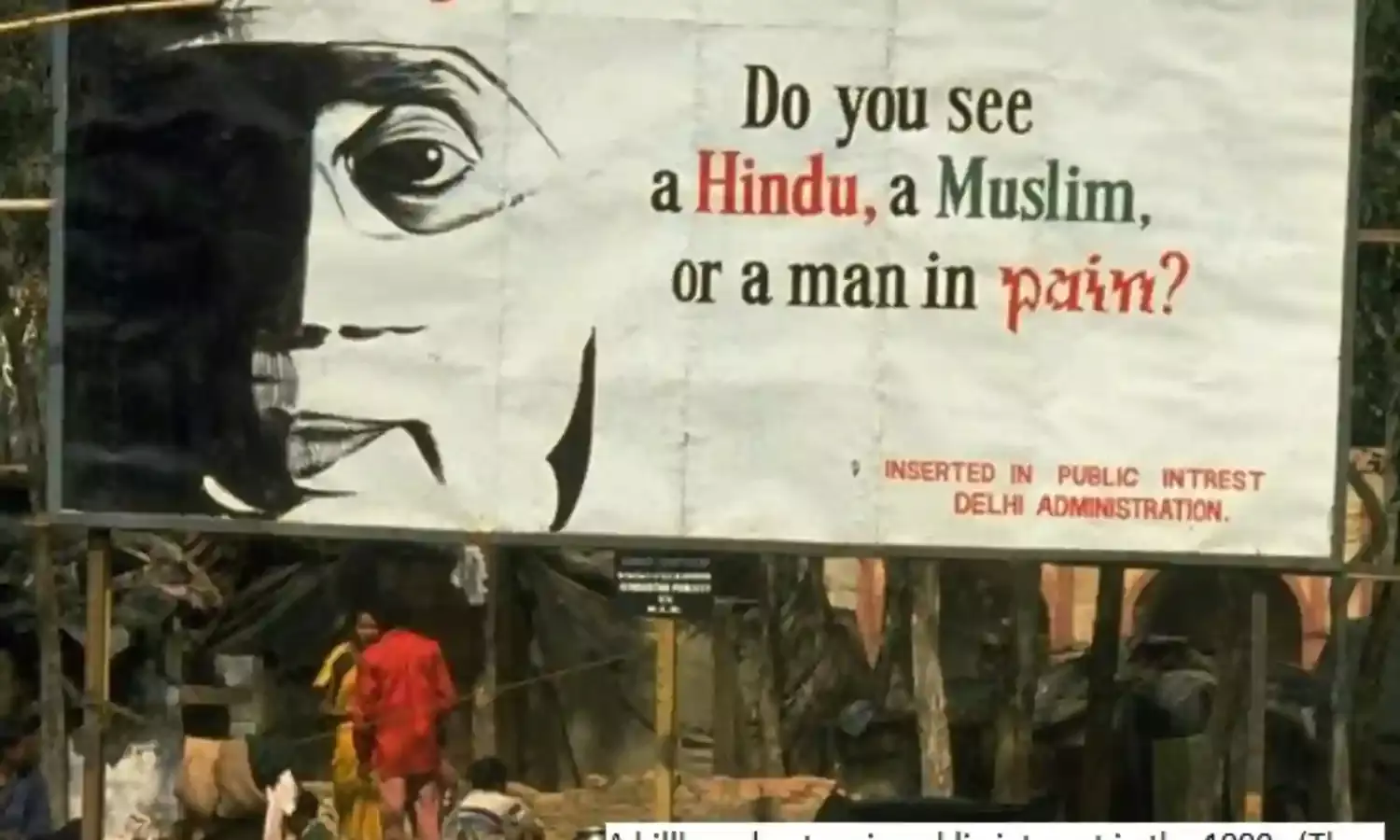A Crusader’s Art
When poetry, film and dialogue find their way to arenas

Does time ever move so slowly, so slowly that you can stare at a sunset all day? And in between a plateau of sunsets you could live a whole life – stopping, staring, bewildered at the magnificent lights. And when you wake up, the moon ceases to move, the skies lit with dark circles and fizz; us, we are living in a moment of a ceaseless night – day after day after twilights.
When poetry, film and dialogue find its way to arenas filling up a void with answers, nights move into days – beliefs are questioned, stereotypes are shattered, and free thinking is nurtured. Time now moves at the speed of art, or rather fluffy buoyant light. Art carries on its very artsy shoulders an obligation to give answers to unanswered questions, to voices of orthodoxy, jingoism and hypocrisy.
‘Women and Religion in India’ is a documentary film being screened at the India Habitat Centre in New Delhi. Directed by Disha Arora, the film is a journey of one woman across the country to create a dialogue about the weakening of women’s rights under the guise of religion. The film is an attempt to capture the current day practices of all the major religions of India with an aim to understand what position and rights women in this country enjoy. The screening of the film is followed by an engaging discussion with Dr. Bijayalaxmi Nanda, Samina Misra and the film maker.
‘Tumne kabse chup reh ke kuch bhi na bola hai, kuch bol dete agar to ab chup na rehna padta’: for how long have you said nothing by being quiet, only if you would have said something you wouldn’t have had to stay quiet now.
People have fought battles, on battlefields and in artistic showgrounds, some battles won, and many lost. Only voices which have spoken out, people who have taken a stand and women and men who have stood their ground have succeeded to better terrains.
A talk, ‘What is Communalism today’? discusses the meaning that the word “communalism” has acquired in modern India, both in the last few years and through its origins. It looks at the incidents which have arisen not because of traditional forms of stereotypes but these incidents and the political activities linked to them shows a political reality characterizing dense conspiracy and plotting by the State, political parties and media, among others.
Looking beyond walls of caste, class and religion, free-thinking has developed from an idea of liberalism that lets one be what one wants to be, despite belonging to a minority in terms of a voice, beliefs, region, sex, religion or the lack of one. Us Indians as we commute from a divided and polarised society to a time that may give us an opportunity to break the walls of hate, a nation has been bruised, mobbed and lynched into submission to fear – fear which breaks hope, love and life. Several voices have been heard, some remain unheard, and many buried.
Free the Verse with acts in poetry, comedy and music is giving the city’s youth and the many independent artists a stage to voice their ideas and emotions and engage in undertakings spread over a few inspired and uninhibited hours of creativity at the Piano Man Jazz Club in Delhi.
The sunset stares back at you, with hope that you may bring back the day, and when you wake up, you will be mended by the dense daylight.
Events
1. CSH External Seminar: 'What Communalism Means Today?' by Dr. Mujibur Rehman (Jamia Central At Institut Français en Inde, Conference room 2, Dr. APJ Abdul Kalam road, New Delhi, on 4th June – 3:30 pm to 5:30 pm
2. Premiere of Women and Religion in India: At India Habitat Centre, New Delhi, on 15th of June
3. Free The Verse: A Summer Show: At the Piano Man Jazz Club, Safdarjung Enclave Market, New Delhi, on 10th of June, 12-4pm



